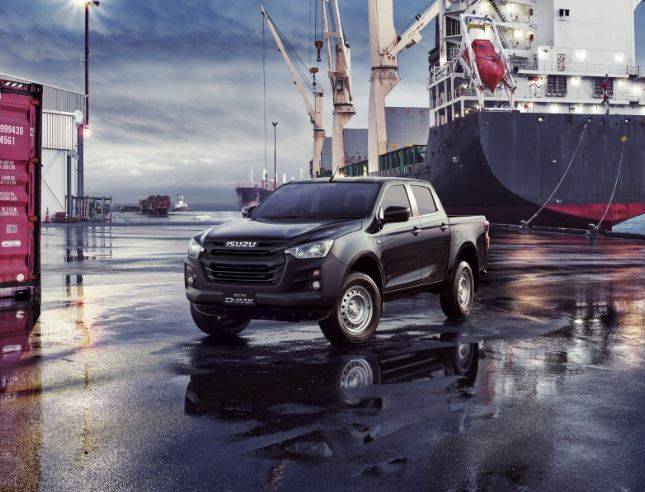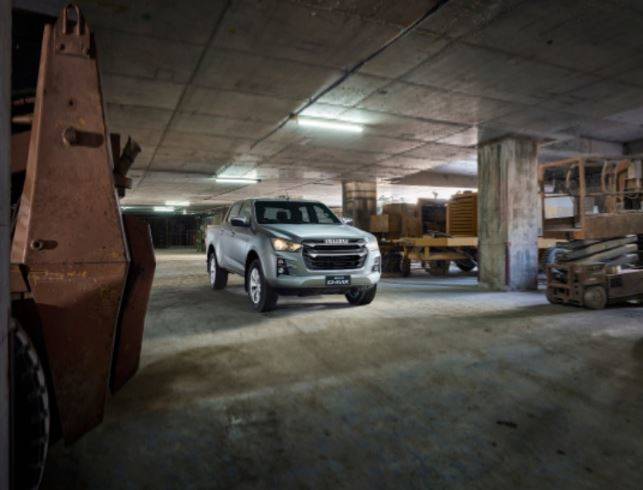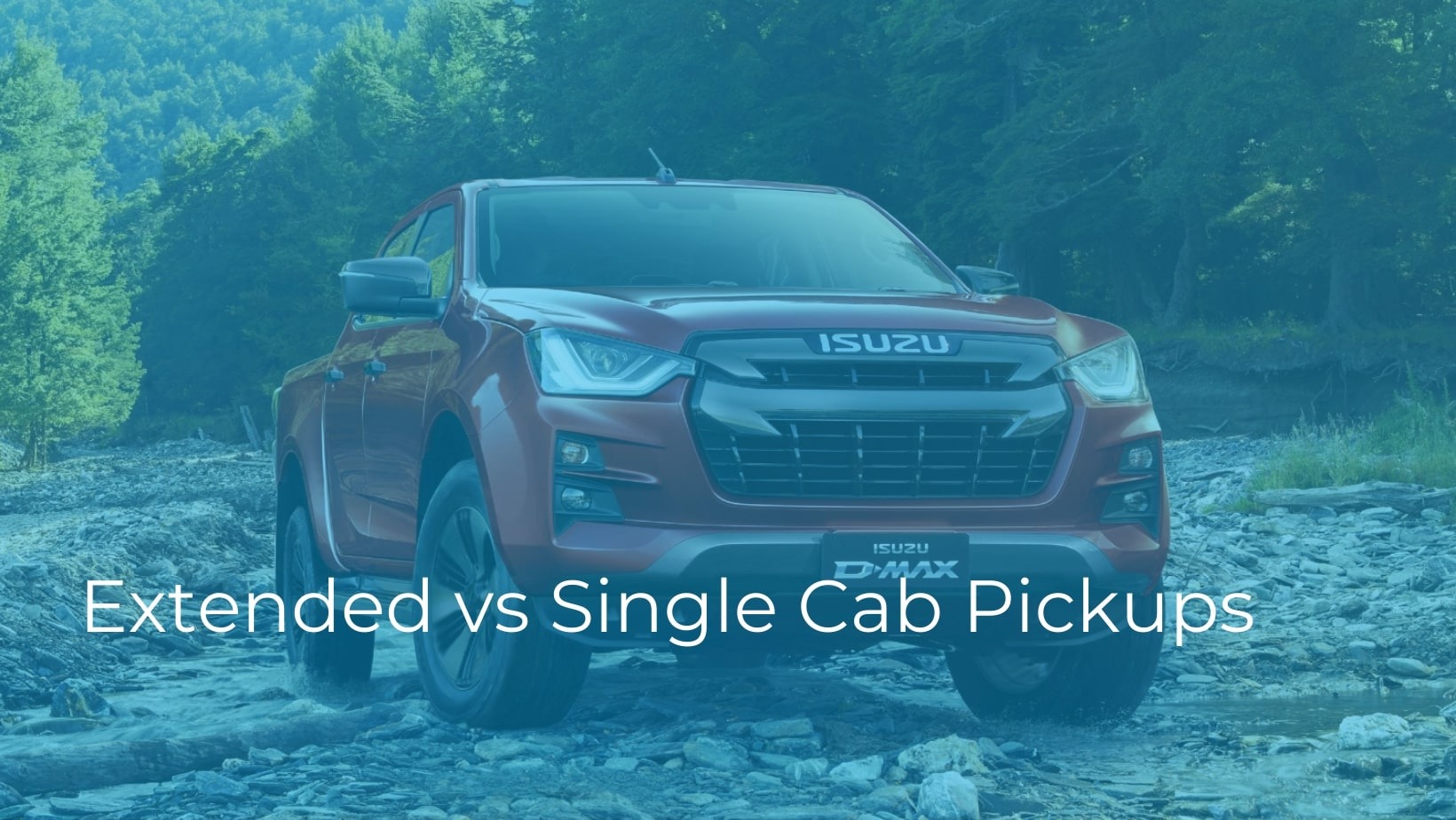Isuzu - Extended vs Single Cab Pickups
When it comes to pickup trucks, one of the key decisions you'll have to make is choosing between an extended cab and a single cab configuration.
Both of Isuzu's options have their unique advantages and are designed to cater to different needs and preferences. In this article, we'll explore the differences between extended cabs and single cabs, their pros and cons, and help you determine which option best suits your lifestyle and requirements.
Understanding Extended Cabs and Single Cabs
What is an Extended Cab?

An extended cab, also known as a double cab or access cab, refers to a type of pickup truck configuration that offers additional interior space behind the front seats. This space can be used for various purposes, such as carrying extra passengers, storing valuable items securely, or keeping tools and equipment within reach. Extended cabs typically feature small, rear-hinged doors that provide access to the back seating area.
The Isuzu range has two single cab options - the D-Max Utility 4 x 2 and 4 x 4 options.
What is a Single Cab?

On the other hand, a single cab pickup truck is designed with only two doors and a single row of seating. It prioritises cargo space over passenger capacity, making it an ideal choice for those who primarily need a workhorse for transporting goods and equipment. Single cabs are known for their sleek and compact design, making them easier to manoeuvre in tight spaces.
The Isuzu range has two extended cab options - the D-Max Utility and the D-Max DL20.
Seating and Space
Extended Cab Seating
Extended cabs usually offer seating for four to five passengers, with limited legroom in the back. While the rear seats can be sufficient for short trips or accommodating children, they might not be as comfortable for adults during long journeys. However, it's worth noting that some newer models have improved rear seat space.
Single Cab Seating
Single cab trucks, being designed for work-related tasks, typically have seating for only two passengers. The absence of a rear seating area allows for more generous legroom and ample space for the driver and front passenger. If you don't often carry additional passengers and prioritise front-seat comfort, a single cab might be the right choice for you.
Cargo Capacity
Extended Cab Cargo Space
One of the main advantages of extended cabs is the extra cargo space they offer behind the front seats. This area can be utilised to transport tools, luggage, groceries, or any other items you wish to keep secure and protected from the elements. It provides a great balance between passenger seating and cargo capacity.
Single Cab Cargo Space
In contrast, single cabs excel in cargo space, as they do not have rear seats. This design allows for a more extended truck bed, making them ideal for carrying larger and bulkier items. If you regularly transport equipment, construction materials, or outdoor gear, a single cab truck might better suit your needs.
Towing Capacity
Extended Cab Towing
Extended cab pickup trucks often have a higher towing capacity compared to single cabs. The additional weight of the extended cab helps improve stability, making them more suitable for towing trailers, boats, or recreational vehicles.
Single Cab Towing
While single cab trucks have their advantages, they might not match the towing capacity of extended cabs. If you require a truck primarily for towing heavy loads, an extended cab might be the more practical choice.
Maneuverability and Parking
One of the significant differences between extended cabs and single cabs is their manoeuvrability and ease of parking. Due to their smaller size, single cab trucks are more nimble and can fit into tight spaces with ease. Extended cabs, on the other hand, may require more careful manoeuvring, especially in urban areas with limited parking.
Pricing and Affordability
In general, single cab trucks tend to be more affordable compared to extended cabs. Their simpler design and lower seating capacity contribute to a lower price tag, making them an attractive option for budget-conscious buyers.
Fuel Efficiency
Single cabs typically have better fuel efficiency than extended cabs. With reduced weight and a more streamlined design, they consume less fuel, making them an excellent choice for those who prioritise fuel economy.
Personalisation and Customisation Options
Both extended cabs and single cabs offer a wide range of personalisation and customisation options. From exterior accessories like bed liners, running boards, and grille guards to interior upgrades like infotainment systems and seat covers, you can tailor your truck to suit your style and needs.
Safety Considerations
Modern pickup trucks, whether extended cabs or single cabs, are equipped with advanced safety features. However, extended cabs may offer better protection for rear passengers due to the presence of rear doors and additional structural support.
Family-Friendly Features
If you have a family or frequently transport passengers, the extended cab's rear seats may provide more convenience and flexibility. It allows you to accommodate your loved ones comfortably, making it a more family-friendly option.
Pros and Cons of Extended Cabs
Advantages
- Additional passenger seating
- Extra interior storage space
- Improved towing capacity
Disadvantages
- Limited legroom in the back
- Bulkier design for urban driving
Pros and Cons of Single Cabs
Advantages
- More spacious front seating area
- Larger truck bed for cargo
- Better fuel efficiency
Disadvantages
- Limited passenger capacity
- Less interior storage space
Which Cab Configuration is Right for You?
Choosing between an extended cab and a single cab depends on your specific needs and preferences. Consider factors such as passenger capacity, cargo requirements, towing needs, and driving conditions before making your decision.
If you frequently carry passengers, require extra interior storage, and occasionally need to tow trailers, an extended cab might be the better choice. On the other hand, if you prioritise cargo space and fuel efficiency and rarely need to transport passengers, a single cab could be the more suitable option.
Both extended cab and single cab pickup trucks have their strengths and weaknesses. Understanding your lifestyle and how you plan to use your truck will help you make an informed decision. Whether you opt for the versatile extended cab or the practical single cab, owning a pickup truck brings unparalleled utility and functionality to your daily life.





